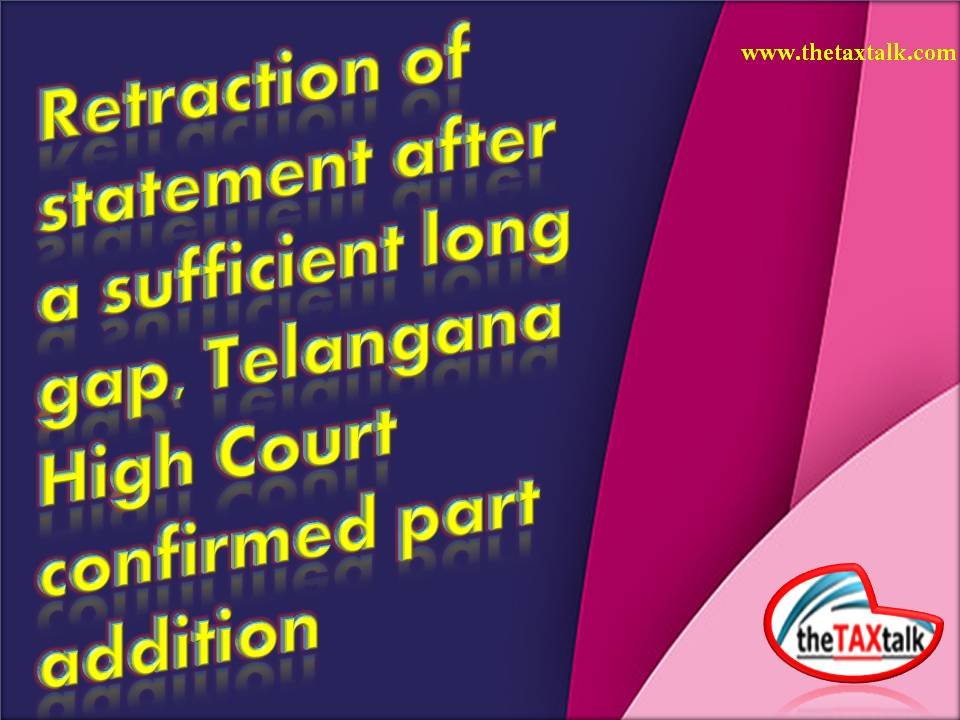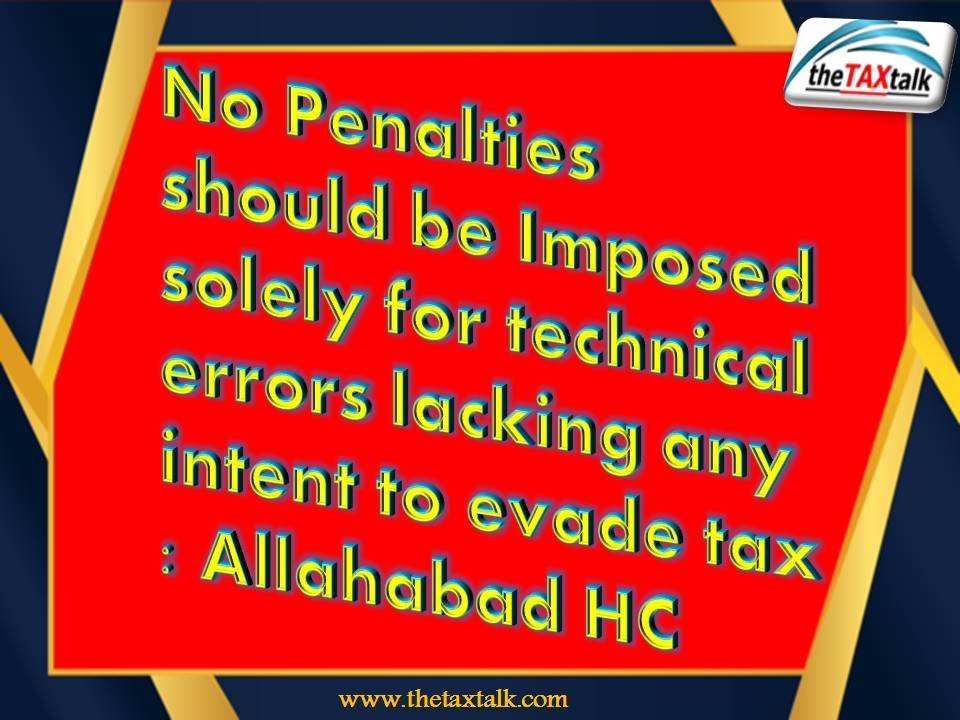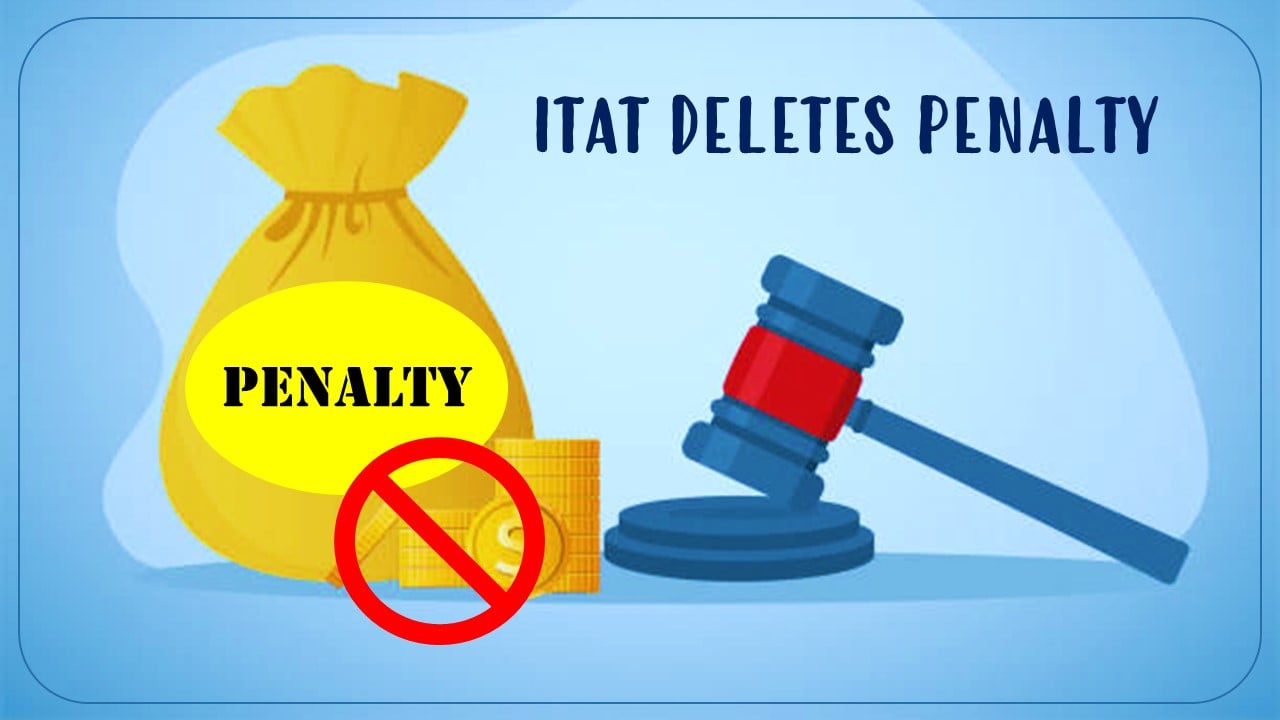![]()
Retraction of statement after a sufficient long gap, Telangana High Court confirmed part addition
Often, the statement given during search proceeding is retracted by the Assessee. But, it has to be there at the earliest. Retraction of statement after a sufficient long gap may not find the favour of the appellate authorities.
Here is one judgment by ITAT Telangana on this issue as under:
TELANGANA HIGH COURT
- NARSINGA RAO
VERSUS
ASSISTANT COMMISSIONER OF INCOME TAX,-
INCOME TAX TRIBUNAL APPEAL NO. 5 OF 2008
Dated.- October 11, 2023
Let us have a short overview of the case:
Assessee in this case was a Partner of A.N. Cigarette Trading Company, which is a partnership firm, engaged in distribution of ‘Four Square’ cigarettes in Hyderabad city. A search operation under Section 132 of the Act was conducted on 11.02.1999 on the residential premises as well as the business premises of the appellant. During the course of search, certain incriminating material in the form of loose papers/slips was found and seized, which indicate huge expenses made by the assessee for purchase of jewellery etc. Though admitted in the statement, Assessee retracted the same subsequently.
Revenue relied on Hon’ble Apex Court in Roshan Lal Sanchiti vs. Principal Commissioner of Income-Tax (2023) 452 ITR 229 (SC) to support his contention that retraction of statement after a sufficient long gap or point of time loses its significance
In this case, on examination of capital account of the assessee, it was found that assessee did not make any drawings from the firm
In the order, the court has held as under:
As we find that there is no dispute that the assessee has contended that the loose papers do not belong to him, therefore, the quantum of expenditure noted therein be not taken cognizance thereof inasmuch as, the medical expenses incurred on his daughter’s delivery were met by her husband and father in law and not by the assessee.
The revenue has placed no material on record to show that the loose papers are in the hand-writing of the assessee or the noting made therein are belonging to the assessee. There is no corroborative material on record to prove that the expenditure recorded in the said loose papers is incurred by the assessee. The AO has not recorded any statement of the assessee’s daughter or her husband or her father-in-law.
Perusal of the order of CIT(A) as well as Appellate Tribunal, shows that the contentions raised by the appellant have been considered and detailed reasons have also been recorded by the Appellate Tribunal while passing order.
Appellate Tribunal had considered the grounds raised as well as submissions made on behalf of the appellant and recorded the detailed reasons for its conclusion.
Question of law on which the present appeal is filed is factual in nature and finding of facts, which was already considered by the Appellate Tribunal. Therefore, we do not find any reason to interfere with the order passed by the Appellate Tribunal. The Appeal thus fails and deserves to be and is accordingly dismissed.
Assessee in this case has relied on the following cases which didn’t find favour from the court:
- Commissioner of Income Tax vs. Shri Ramdas Motor Transport (1999) 238 ITR 177(AP); and
- Principal Commissioner of Income Tax, Central-3 vs. Abhisar Buildwell Pvt. Ltd. (2023) 454 ITR 212 (SC)




